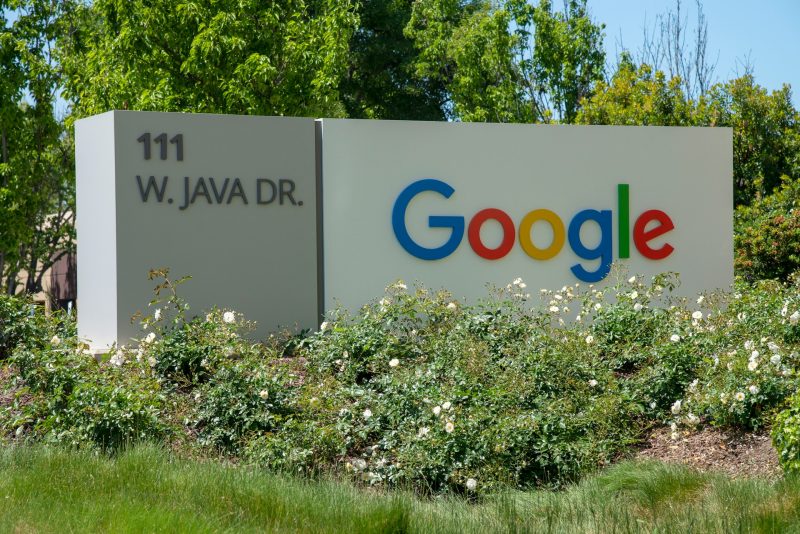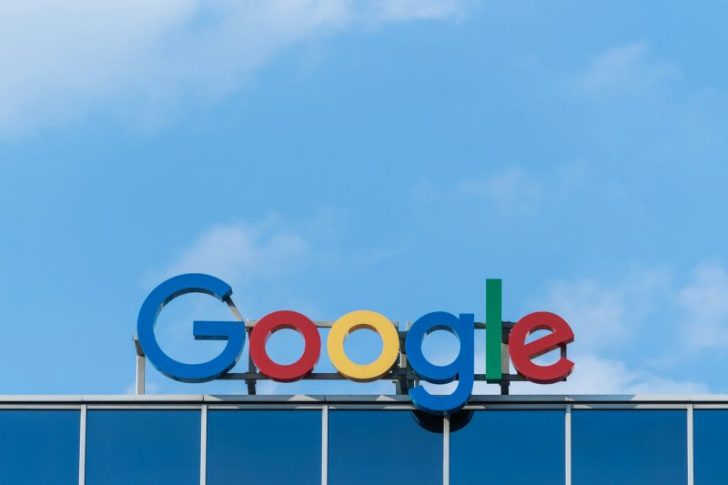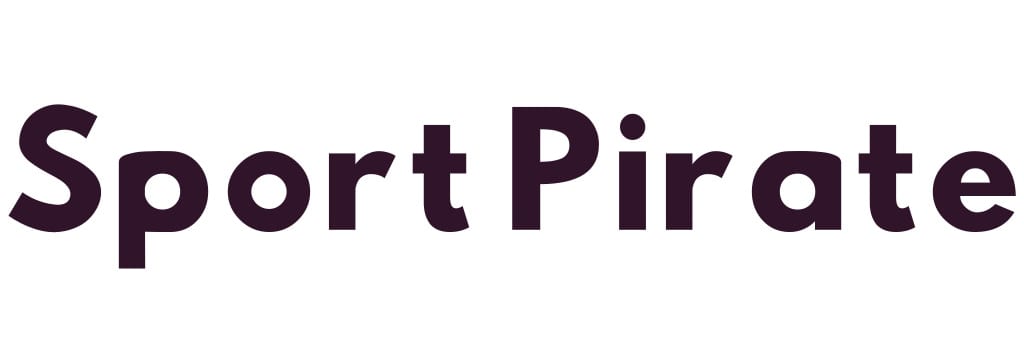
Google Drops DEI Commitments as Trump’s Anti-Diversity Agenda Gains Momentum

Google becomes the latest company to follow Trump’s anti-DEI push, scaling back its diversity, equity, and inclusion (DEI) efforts. The tech giant has quietly removed DEI language from its latest annual report and has dropped its hiring targets for underrepresented groups.
Alphabet, Google’s parent company, made the changes official in its recent filing with the Securities and Exchange Commission. The document, published Tuesday, no longer includes prior commitments to DEI efforts. At the same time, Google updated its diversity website, eliminating key references to inclusive hiring policies.
A notable shift includes renaming its Chief Diversity Officer role to “VP, People Operations.” This move signals a step away from corporate diversity initiatives.
Google’s Move Aligns With Corporate Trends
Google has become the latest company to follow Trump’s anti-DEI push, joining a growing list of corporations that are retreating from diversity commitments. Since Trump ramped up his war on DEI programs, companies like Meta, Amazon, Walmart, and Target have also made significant rollbacks.

Trump / IG / Trump’s push to dismantle DEI programs started with a series of executive orders targeting government-funded diversity efforts.
His administration’s crackdown has now extended into the private sector, as corporations face increasing legal and political pressure to abandon diversity-driven hiring and workplace initiatives.
The Pressure to Abandon DEI
The shift at Google is not happening in a vacuum. A wave of lawsuits and political pressure from conservative groups has put DEI programs in the hot seat. Many companies now fear legal consequences for implementing race- or gender-based hiring goals, leading to a broad retreat from diversity commitments.
Trump’s Justice Department has taken an aggressive stance, launching investigations into corporations accused of so-called “illegal discrimination” through DEI initiatives. Critics argue these moves weaponize legal action to dismantle programs designed to promote equal opportunity in the workplace.
What This Means for Workplace Diversity
DEI programs have long been about more than just race and gender. They aim to increase workplace representation for veterans, parents, people with disabilities, and those from nontraditional educational backgrounds. Google’s decision to pull back on these initiatives raises concerns about whether companies will continue efforts to create more inclusive workplaces.

Pawel / Unsplash / Supporters of DEI initiatives say that these programs don’t promote “reverse discrimination,” as opponents claim.
Instead, they argue that such efforts help create fair hiring opportunities and a workforce that better reflects society. However, with major corporations abandoning these policies, the future of corporate diversity efforts remains uncertain.
The Growing Divide in Corporate America
While some companies, including Google, are walking back their commitments, others remain steadfast in their support for DEI. Corporations like Microsoft and Apple have publicly reaffirmed their dedication to diversity initiatives despite political pushback.
The divide highlights a growing battle in corporate America. On one side, businesses are bowing to legal threats and political pressure. On the other, companies are pushing back against the anti-DEI movement, arguing that diversity efforts benefit businesses, employees, and society as a whole.
With legal challenges mounting and political pressure increasing, more corporations may reconsider their DEI programs. The debate over workplace diversity is far from over, and the decisions companies make in the coming months could shape hiring practices for years to come.
For now, Google’s shift away from DEI signals a broader corporate trend. Whether this is a temporary setback or the beginning of a larger movement remains to be seen.
More in Latest News
-
`
Hong Kong Hails Saudi Super Cup and Cultural Treasures in Historic Tourism Push
Hong Kong is turning up the heat this August, as Saudi Arabia brings a double dose of energy to the city:...
August 13, 2025 -
`
Floyd “Money” Mayweather’s Flight Company Sued for $136k in Unpaid Fuel
Floyd Mayweather is in the ring again, but this time it is a legal one. His private jet company, TBE Aviation...
August 6, 2025 -
`
World’s Oldest Surviving Basketball Court May Help Boost Small Town Tourism
Basketball may be a global sport. But its roots run deeper in Canada than most people think. In the small border...
July 30, 2025 -
`
China Builds 50m-Tall Inflatable Dome to Reduce Construction Pollution
Cities deal with construction dust and noise daily. But a new dome in Jinan, in eastern China’s Shandong province, is changing...
July 23, 2025 -
`
Ligue 1 Adopts ‘Simplified’ Yellow Card Suspension System for Season 2025/26
Starting in the 2025/26 season, Ligue 1 is changing the yellow card suspension rule, and it is about time. The old...
July 17, 2025 -
`
Key Highlights From UFC 317 (June 26 – 29, 2025)
UFC 317 took over Las Vegas from June 26 to 29, 2025, and it didn’t waste a second. Fights were fast,...
July 9, 2025 -
`
Who Invented Basketball? Here’s All You Need to Know
Basketball didn’t just show up one day. It had to be invented. The story most people know starts in 1891 with...
July 3, 2025 -
`
What to Do (And What to Avoid) Before a Cruise
A cruise vacation is an incredible escape from the daily grind, offering relaxation, adventure, and the chance to explore new places....
June 25, 2025 -
`
Big Ten Basketball Power Rankings 2025. Can You Guess Who’s #1?
Big Ten basketball is once again the loudest, toughest, and deepest show in college hoops. The 2024-25 season was stacked with...
June 18, 2025















You must be logged in to post a comment Login